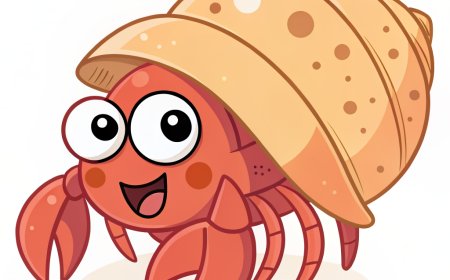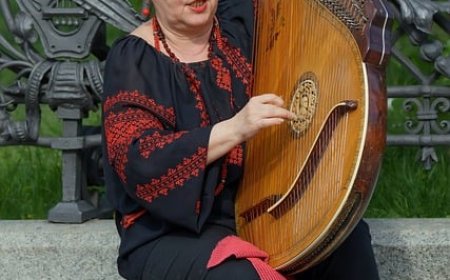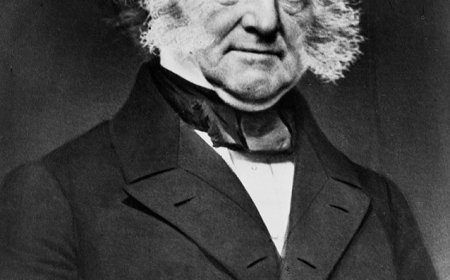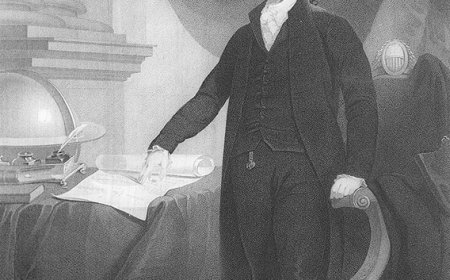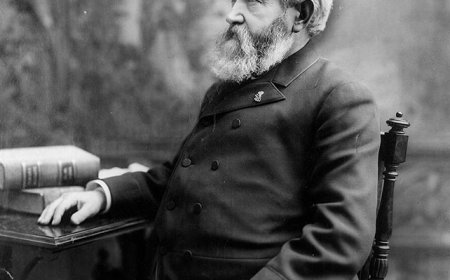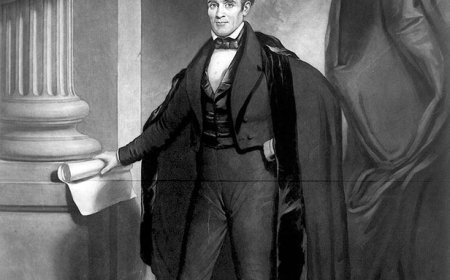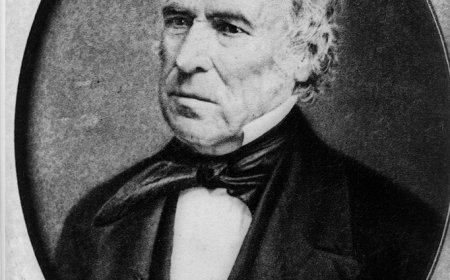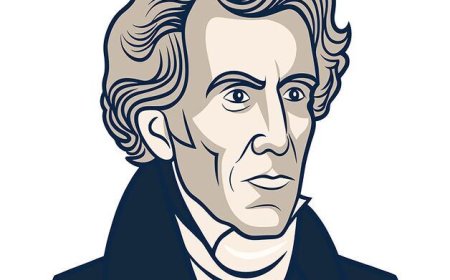John F. Kennedy Biography for Students | 35th President
Discover John F. Kennedy, the 35th President of the United States. Learn about his leadership during the Cold War, his call to service, the Space Race, and his tragic assassination—plus vocabulary, fun facts, a quiz, and a kid-friendly summary.
🇺🇸 John F. Kennedy Biography for Students the 35th President
🧭 Introduction
John F. Kennedy, known as JFK, was the 35th President of the United States, serving from 1961 until his assassination in 1963. He was the youngest man ever elected president and brought energy, hope, and a sense of new beginnings to the country. He faced big challenges during the Cold War, supported civil rights, and inspired Americans with his vision of service, science, and space. Though his presidency was cut short, JFK remains one of the most admired and remembered leaders in U.S. history.
👶 Early Life and Education
John Fitzgerald Kennedy was born on May 29, 1917, in Brookline, Massachusetts. He came from a wealthy and politically powerful family. His father, Joseph Kennedy, was a U.S. ambassador, and many of his siblings also became public figures.
JFK was sick often as a child but loved reading and sports. He attended:
- Harvard University, where he studied government and history
- He wrote a senior thesis that became a best-selling book: "Why England Slept"
During World War II, Kennedy served in the U.S. Navy. He became a war hero after saving his crew when their boat, PT-109, was hit by a Japanese ship.
🏛 Political Career Before the Presidency
After the war, JFK entered politics:
- Elected to the U.S. House of Representatives in 1946
- Elected to the U.S. Senate in 1952
- Gained national attention for his charisma and intelligence
In 1960, he ran for president against Richard Nixon. The first televised debates played a big role—Kennedy’s calm and confident appearance helped him win public support. At age 43, he became the youngest elected president and the first Catholic president.
🇺🇸 Presidency Overview (1961–1963)
Kennedy’s presidency was known as “Camelot,” a nickname that reflected hope, style, and progress.
He believed Americans should:
- Be active in public service
- Defend freedom and democracy
- Reach for new frontiers like space exploration
His most famous quote came from his inaugural address:
“Ask not what your country can do for you—ask what you can do for your country.”
🌍 Cold War Crises and Foreign Policy
JFK served during the Cold War, a time of tension between the U.S. and the Soviet Union. He faced several dangerous events:
The Bay of Pigs Invasion (1961)
- A failed attempt by U.S.-backed Cuban exiles to overthrow communist leader Fidel Castro
- The mission failed, and JFK took responsibility
The Cuban Missile Crisis (1962)
- The Soviet Union placed nuclear missiles in Cuba, just 90 miles from the U.S.
- Kennedy ordered a naval blockade and demanded the missiles be removed
- After 13 tense days, the Soviets backed down, and war was avoided
This moment was one of the closest the world ever came to nuclear war. Kennedy was praised for staying calm and making a peaceful deal.
🧑🚀 The Space Race and Scientific Progress
Kennedy believed science and space were important for America’s future. He challenged the nation to explore space by declaring:
“We choose to go to the Moon in this decade...”
He increased funding for NASA, and his leadership helped lead to the Apollo program, which would land the first humans on the Moon in 1969—six years after his death.
⚖️ Civil Rights and Social Progress
JFK began taking stronger action to support civil rights, including:
- Calling for desegregation in schools and public places
- Sending federal troops to protect Black students in the South
- Proposing a Civil Rights Act to end discrimination (passed after his death)
He worked with leaders like Dr. Martin Luther King Jr. to move the country toward racial equality, though critics said he should have acted sooner.
🏛 Domestic Programs and Challenges
JFK created a program called the New Frontier, which focused on:
- Expanding education and healthcare
- Reducing poverty
- Supporting American innovation
He also created the Peace Corps, which sent volunteers around the world to help build schools, provide health care, and teach skills.
⚠️ Assassination and National Shock
On November 22, 1963, while riding in a motorcade in Dallas, Texas, JFK was shot and killed. The assassin was Lee Harvey Oswald, though many questions remain about the event.
His death shocked the nation and the world. Schools closed, people cried, and millions watched the funeral on television.
Vice President Lyndon B. Johnson became president and promised to carry on Kennedy’s work.
🧾 Legacy and Historical Impact
John F. Kennedy is remembered for:
- Leading during dangerous Cold War events
- Inspiring Americans with hope and service
- Supporting civil rights and space exploration
- Giving speeches that motivated generations
Even though his presidency was short, JFK’s vision and courage made a lasting difference in American life.
👨👩👧 Personal Life and Family
JFK married Jacqueline “Jackie” Bouvier in 1953. She became one of the most admired First Ladies in U.S. history. They had four children, though only two survived childhood: Caroline and John Jr.
Kennedy loved history, sailing, and spending time with his family. He suffered from chronic back pain and Addison’s disease, which he hid from the public.
💬 Famous Quotes
“Ask not what your country can do for you—ask what you can do for your country.”
—Encouraging Americans to take action and serve others.
“Let every nation know... we shall pay any price... to assure the survival and success of liberty.”
—Promoting freedom around the world.
“We choose to go to the Moon... not because it is easy, but because it is hard.”
—Challenging the U.S. to explore and achieve greatness.
💡 Interesting Facts About John F. Kennedy
- He was the youngest elected president at 43.
- He was the first Catholic president.
- He won a Pulitzer Prize for his book Profiles in Courage.
- He had chronic health problems, including back pain and a rare illness.
- His White House was known for its style, culture, and family life.
📚 Vocabulary Words
| Word | Definition |
|---|---|
| Cold War | A long period of tension between the U.S. and the Soviet Union |
| Desegregation | Ending the separation of people by race |
| Civil Rights | Equal rights for all citizens, regardless of race or background |
| Space Race | The competition between the U.S. and Soviet Union to explore space |
| Assassination | The killing of a public leader for political reasons |
👧 Kid-Friendly Summary
John F. Kennedy was the 35th President of the United States. He was young, brave, and full of ideas to make the country better. He faced hard choices during the Cold War, helped start the Space Race, and worked for civil rights. Even though he was only president for three years, people still admire him today. He showed Americans that hope, service, and courage can make a big difference.
✅ Interactive Quiz
Q1: What number president was John F. Kennedy?
A. 34th
B. 35th ✅
C. 36th
D. 33rd
Q2: What was the Cuban Missile Crisis?
A. A war with Cuba
B. A peace agreement
C. A conflict over Soviet missiles in Cuba ✅
D. A vote for new leaders
Q3: What program sent volunteers to help in other countries?
A. New Frontier
B. Civil Corps
C. Peace Corps ✅
D. Global Force
Q4: What major goal did JFK set for the U.S. space program?
A. Build a space hotel
B. Send a monkey to Mars
C. Land on the Moon ✅
D. Create flying cars
Q5: How did JFK die?
A. Illness
B. Accident
C. Assassination ✅
D. Old age
Scoring:
5/5 = ⭐ JFK Genius
3–4 = 👍 Great Effort
1–2 = 📘 Review and Retake














